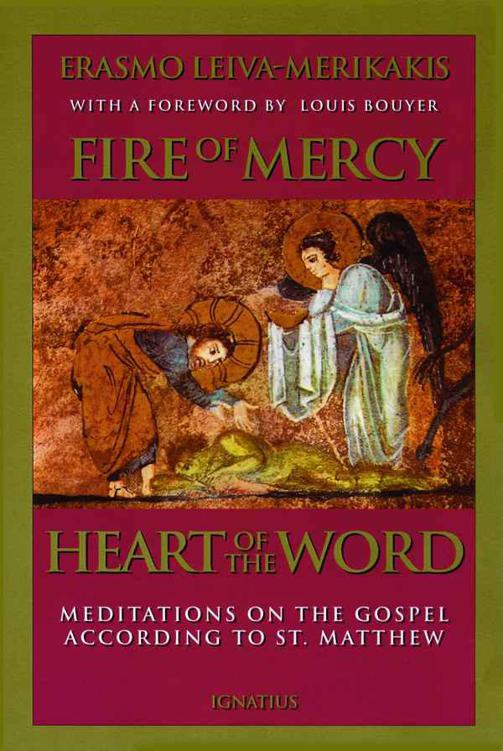

Most ebook files are in PDF format, so you can easily read them using various software such as Foxit Reader or directly on the Google Chrome browser.
Some ebook files are released by publishers in other formats such as .awz, .mobi, .epub, .fb2, etc. You may need to install specific software to read these formats on mobile/PC, such as Calibre.
Please read the tutorial at this link: https://ebookbell.com/faq
We offer FREE conversion to the popular formats you request; however, this may take some time. Therefore, right after payment, please email us, and we will try to provide the service as quickly as possible.
For some exceptional file formats or broken links (if any), please refrain from opening any disputes. Instead, email us first, and we will try to assist within a maximum of 6 hours.
EbookBell Team

0.0
0 reviewsTo the unstudied eye, Matthew's gospel can seem a terse narrative, almost a historical document and not the tremendously spiritual (and doctrinal) storehouse that it is. Erasmo Leiva here acts as our guide, showing Matthew's prose to be not terse so much as economical--astoundingly so given its depth. The lay reader can derive great profit from reading this. Each short meditation comments on a verse or two, pointing to some facet of the text not immediately apparent.
Leiva's work is scholarly but eminently approachable by the non-technical reader. The tone is very much gustate et videte, quoniam suavis est Dominus [taste and see how good the Lord is]-as it is "friend, come up higher!". The goal of the book is to help the reader experience the heat of the divine heart/the light of the divine Word.
Leiva points to Matthew's gospel as being deeply ecclesial because it is first Christological. He comments on the Greek text, demonstrating to the reader nuances in the text that defy translation into English without serious revision of the text. Leiva uses linguistic analysis to aid the non-Greek reader with the literal meaning of the text; numerous quotes from the Fathers and the liturgy of the church demonstrate the way the Tradition has lived and read the Word of God. His theological reflection vivifies doctrine by seeking its roots in the words and actions of Jesus.